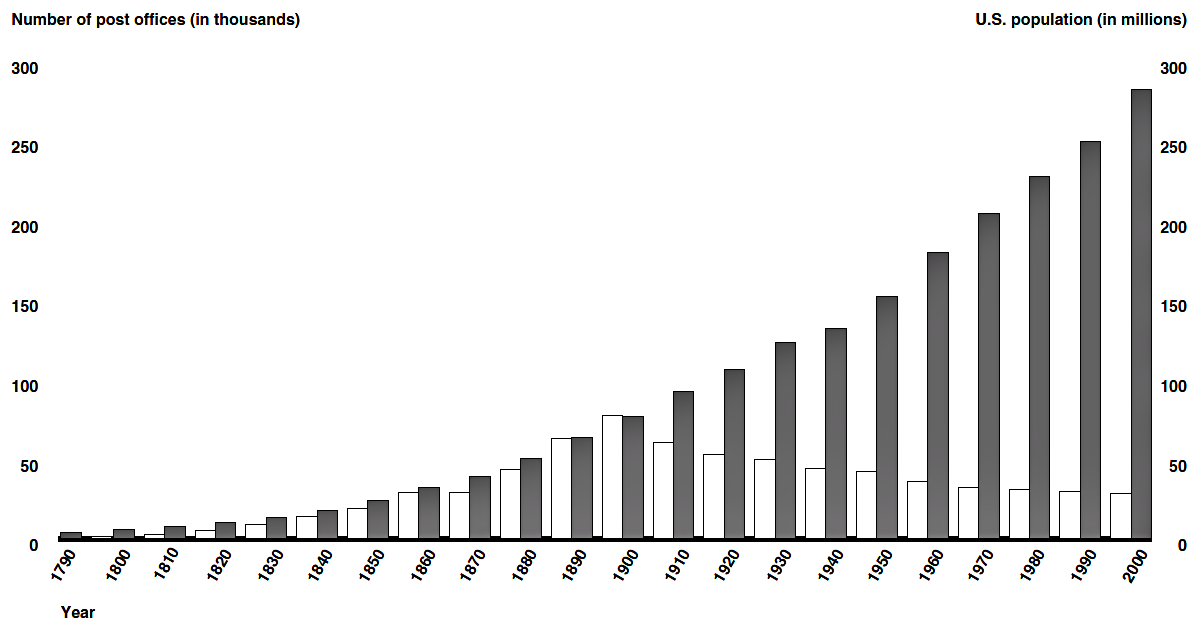Events & Promotions
|
|

GMAT Club Daily Prep
Thank you for using the timer - this advanced tool can estimate your performance and suggest more practice questions. We have subscribed you to Daily Prep Questions via email.
Customized
for You
Track
Your Progress
Practice
Pays
Not interested in getting valuable practice questions and articles delivered to your email? No problem, unsubscribe here.
- Nov 20
07:30 AM PST
-08:30 AM PST
Learn what truly sets the UC Riverside MBA apart and how it helps in your professional growth - Nov 20
01:30 PM EST
-02:30 PM IST
Learn how Kamakshi achieved a GMAT 675 with an impressive 96th %ile in Data Insights. Discover the unique methods and exam strategies that helped her excel in DI along with other sections for a balanced and high score. - Nov 19
12:30 PM EST
-01:30 PM EST
Learn how Keshav, a Chartered Accountant, scored an impressive 705 on GMAT in just 30 days with GMATWhiz's expert guidance. In this video, he shares preparation tips and strategies that worked for him, including the mock, time management, and more - Nov 22
11:00 AM IST
-01:00 PM IST
Do RC/MSR passages scare you? e-GMAT is conducting a masterclass to help you learn – Learn effective reading strategies Tackle difficult RC & MSR with confidence Excel in timed test environment - Nov 23
11:00 AM IST
-01:00 PM IST
Attend this free GMAT Algebra Webinar and learn how to master the most challenging Inequalities and Absolute Value problems with ease. - Nov 24
07:00 PM PST
-08:00 PM PST
Full-length FE mock with insightful analytics, weakness diagnosis, and video explanations! - Nov 25
10:00 AM EST
-11:00 AM EST
Prefer video-based learning? The Target Test Prep OnDemand course is a one-of-a-kind video masterclass featuring 400 hours of lecture-style teaching by Scott Woodbury-Stewart, founder of Target Test Prep and one of the most accomplished GMAT instructors.
Kudos
Bookmarks
Dropdown 1: 1,000
Dropdown 2: 3
Be sure to select an answer first to save it in the Error Log before revealing the correct answer (OA)!
Difficulty:
 95%
(hard)
95%
(hard)
Question Stats:
41% (02:24) correct 59%
(02:39)
wrong
59%
(02:39)
wrong  based on 306
sessions
based on 306
sessions
History
Date
Time
Result
Not Attempted Yet

The graph compares the number of post offices and the population in the United States from 1790 to 2000. The white columns represent the number of post offices (in thousands), while the shaded columns represent the population (in millions).
Select from each drop-down menu the option that creates the most accurate statement, given the information provided.
The lowest number of people per post office in the United States during the study period was approximately .
The number of people per post office in the United States in 1950 was approximately times greater than that in 1900.
ShowHide Answer
Official Answer
Dropdown 1: 1,000
Dropdown 2: 3
Kudos
Bookmarks
Bunuel
Official Solution:
Drop-down 1:
The lowest number of people per post office corresponds to the year where the white column (representing the number of post offices) is largest relative to the shaded column (representing the population). This ratio is highest in 1900, when the two columns are approximately equal in height. However, it is important to note that the white columns (number of post offices) are measured in thousands, while the shaded columns (population) are measured in millions. Therefore, a 1-to-1 height ratio on the graph translates to 1,000 people per post office.
Drop-down 2:
In 1950, the height of the shaded column is approximately 160, while the height of the white column is approximately 50, giving a ratio of 3.2. This translates to 3,200 people per post office. In 1900, the ratio of the shaded column to the white column is 1-to-1, which translates to 1,000 people per post office. Therefore, the number of people per post office in the United States in 1950 was approximately 3 times greater than in 1900.
Correct answer:
Dropdown 1: "1,000"
Dropdown 2: "3"
General Discussion
Kudos
Bookmarks
1. The number of people per post office is the ratio between the gray and white columns.
2. This ratio is clearly least in 1900 and is equal to about 80,000,000:80,000 = 1,000:1 = 1000.
3. In 1950, the ratio is similar to 3:1 and with the units it's around 3000:1. This is approximately 3 times larger than in 1900.
4. Our answer will be: 1,000 and 3.
2. This ratio is clearly least in 1900 and is equal to about 80,000,000:80,000 = 1,000:1 = 1000.
3. In 1950, the ratio is similar to 3:1 and with the units it's around 3000:1. This is approximately 3 times larger than in 1900.
4. Our answer will be: 1,000 and 3.













